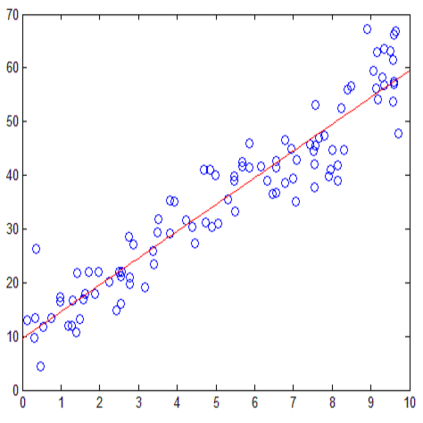Dynamic generalized linear models may be seen simultaneously as an extension to dynamic linear models and to generalized linear models, formally treating serial auto-correlation inherent to responses observed through time. The present work revisits inference methods for this class, proposing an approach based on information geometry, focusing on the $k$- parametric exponential family. Among others, the proposed method accommodates multinomial and can be adapted to accommodate compositional responses on $k=d+1$ categories, while preserving the sequential aspect of the Bayesian inferential procedure, producing real-time inference. The updating scheme benefits from the conjugate structure in the exponential family, assuring computational efficiency. Concepts such as Kullback-Leibler divergence and the projection theorem are used in the development of the method, placing it close to recent approaches on variational inference. Applications to real data are presented, demonstrating the computational efficiency of the method, favorably comparing to alternative approaches, as well as its flexibility to quickly accommodate new information when strategically needed, preserving aspects of monitoring and intervention analysis, as well as discount factors, which are usual in sequential analyzes.
翻译:动态通用线性模型可同时视为动态线性模型和通用线性模型的延伸,正式处理与随时间观察到的反应所固有的连续自动关系。目前的工作重新审视了这一类的推论方法,提出了基于信息几何的方法,侧重于美元-参数指数系。除其他外,拟议方法包括多种数值,可进行调整以适应对美元=d+1美元类别的构成性反应,同时保留巴伊西亚推论程序顺序方面,产生实时推论。从指数式家庭同系结构中更新计划的好处,确保计算效率。Kullback-Leibeller差异和预测理论等概念用于方法的开发,使其接近最近关于变数推论的方法。对真实数据的应用,展示了方法的计算效率,优于其他方法,并展示了在战略需要时迅速适应新信息的灵活性,保留了监测和干预分析的各个方面,以及测序分析中常用的折扣因素。</s>





